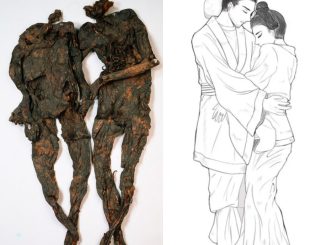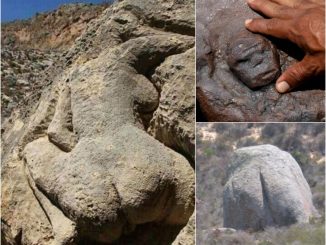Cleopatra VII Philopator, the last active ruler of the Ptolemaic Kingdom of Egypt, is often remembered as a captivating figure in history, known for her political prowess, strategic alliances, and legendary romances. However, beyond her reputation as a queen, Cleopatra was also a remarkable scholar, fluent in multiple languages and deeply engaged in the pursuit of knowledge. Through archaeological discoveries and historical research, we can uncover Cleopatra’s role as a pioneer in ancient academia, shedding light on her contributions to literature, philosophy, and science.
1. Multilingualism and Scholarly Pursuits:
Cleopatra was raised in a highly cultured and educated environment, where she was exposed to various languages and disciplines. Fluent in Egyptian, Greek, and Latin, she possessed the linguistic skills necessary to engage with scholars and intellectuals from different parts of the ancient world. Her proficiency in multiple languages enabled her to access a vast array of texts and ideas, fostering a deep appreciation for literature, philosophy, and science.
Archaeological evidence, such as inscriptions and papyrus scrolls, indicates Cleopatra’s involvement in scholarly pursuits. Excavations in Alexandria, the cultural and intellectual hub of the ancient world, have unearthed artifacts that offer glimpses into Cleopatra’s patronage of libraries and academies. These findings suggest that she played a significant role in promoting intellectual exchange and fostering a climate of learning within her kingdom.
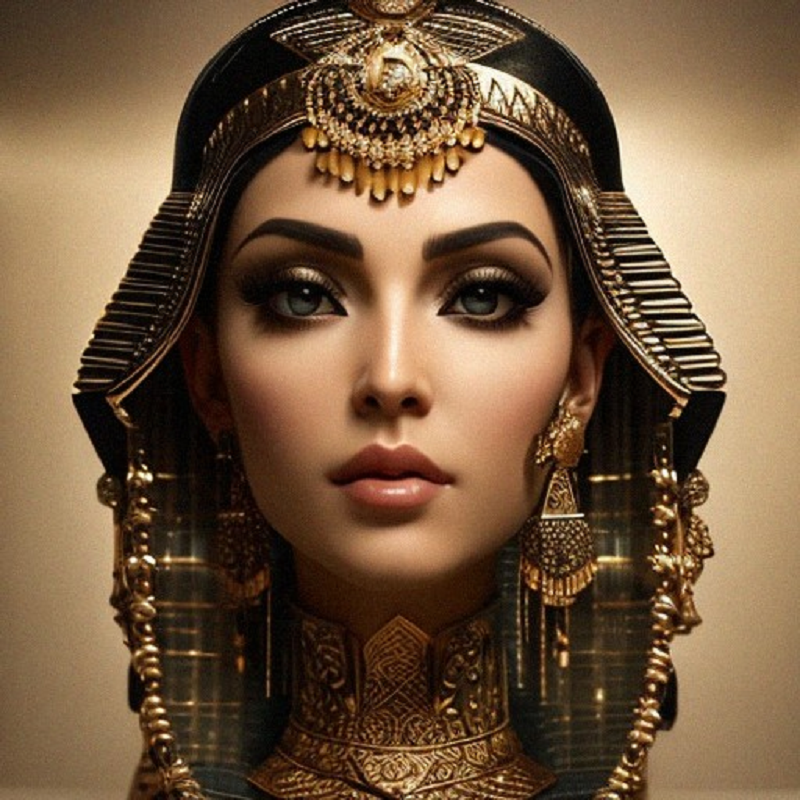
2. Literary Contributions and Cultural Legacy:
Cleopatra’s interest in literature extended beyond mere patronage; she was also a prolific writer and translator in her own right. She is said to have authored several treatises on subjects ranging from medicine to philosophy, although few of her works have survived to the present day. Nevertheless, her contributions to the literary landscape of antiquity cannot be overstated.
One of Cleopatra’s most enduring legacies is her role in preserving and disseminating Greek and Egyptian literature. As a patron of the arts, she supported the translation of Egyptian texts into Greek, ensuring their survival for future generations. Additionally, her court was a gathering place for poets, philosophers, and scholars, fostering a vibrant cultural milieu that left a lasting impact on the intellectual landscape of the Mediterranean world.
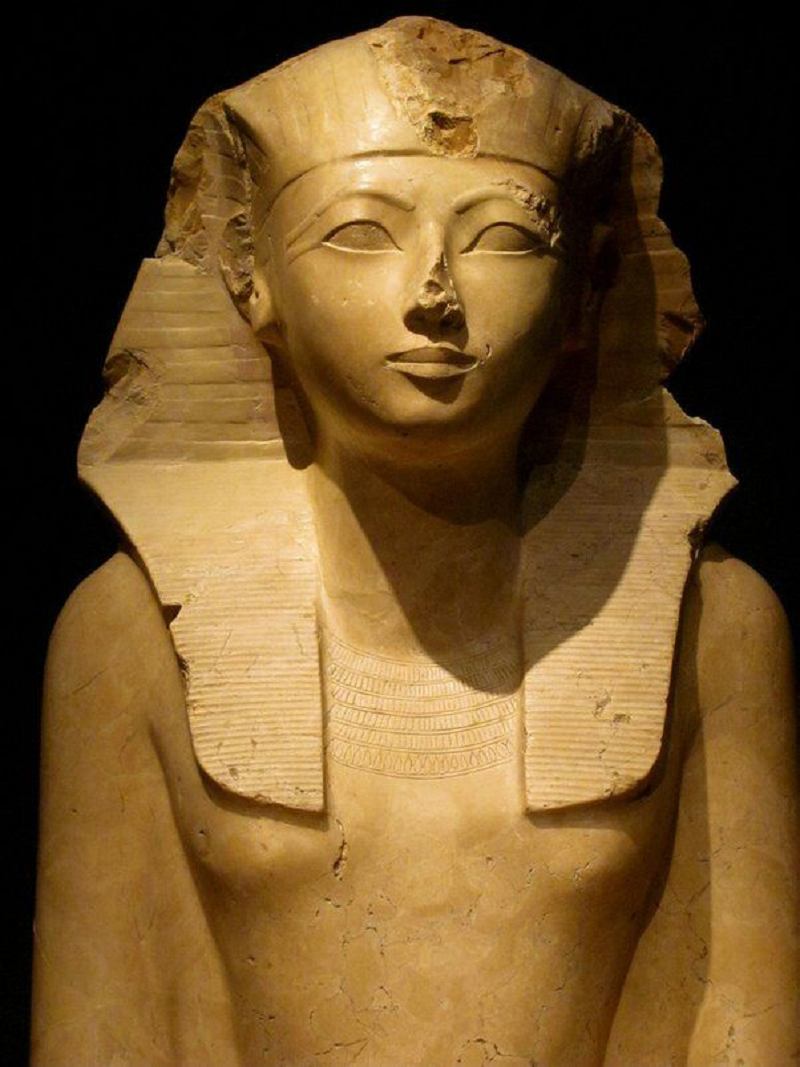
3. Scientific Endeavors and Intellectual Exchange:
In addition to her contributions to literature, Cleopatra was also deeply interested in the natural sciences and mathematics. Her patronage of scholars such as Euclid, the renowned mathematician, highlights her commitment to advancing knowledge in these fields. Under her reign, Alexandria continued to serve as a center for scientific inquiry, attracting scholars from across the Mediterranean world.
Archaeological excavations in Alexandria have uncovered evidence of Cleopatra’s support for scientific research, including the construction of observatories and laboratories. These findings underscore her dedication to fostering intellectual exchange and innovation, as well as her recognition of the importance of scientific inquiry in advancing society.

A small review
In this insightful blog post, the author delves into the lesser-known aspect of Cleopatra’s life: her role as a scholar and patron of the arts. Through meticulous archaeological research and historical analysis, the author paints a vivid picture of Cleopatra as a multilingual intellectual who played a significant role in the intellectual and cultural landscape of ancient Egypt.
The post begins with a captivating introduction that sets the stage for exploring Cleopatra’s scholarly pursuits. It effectively captures the reader’s attention and establishes the promise of the discussion. The body of the post is divided into three distinct sections, each focusing on different aspects of Cleopatra’s intellectual endeavors.
In the first section, the author highlights Cleopatra’s multilingual and her engagement with various disciplines, emphasizing her fluency in Egyptian, Greek, and Latin. The archaeological evidence presented helps to illustrate Cleopatra’s involvement in scholarly activities and her patronage of libraries and academies.
The second section delves into Cleopatra’s literary contributions and cultural legacy. The author effectively demonstrates Cleopatra’s impact on preserving and disseminating Greek and Egyptian literature, as well as her role as a patron of the arts. The discussion is supported by compelling examples and references to archaeological findings.

The third section explores Cleopatra’s scientific endeavors and her support for intellectual exchange. By examining archaeological discoveries in Alexandria, the author underscores Cleopatra’s commitment to advancing knowledge in fields such as mathematics and natural sciences. The inclusion of specific examples adds depth to the discussion and enhances the reader’s understanding of Cleopatra’s intellectual legacy.
Overall, the blog post provides a comprehensive overview of Cleopatra’s scholarly achievements, shedding light on a lesser-known aspect of her life. The writing is engaging, well-researched, and effectively organized, making it accessible to readers with varying levels of familiarity with the subject matter. By uncovering Cleopatra’s role as a multilingual scholar and pioneer in ancient knowledge, the author successfully highlights her enduring impact on the intellectual landscape of the ancient world.
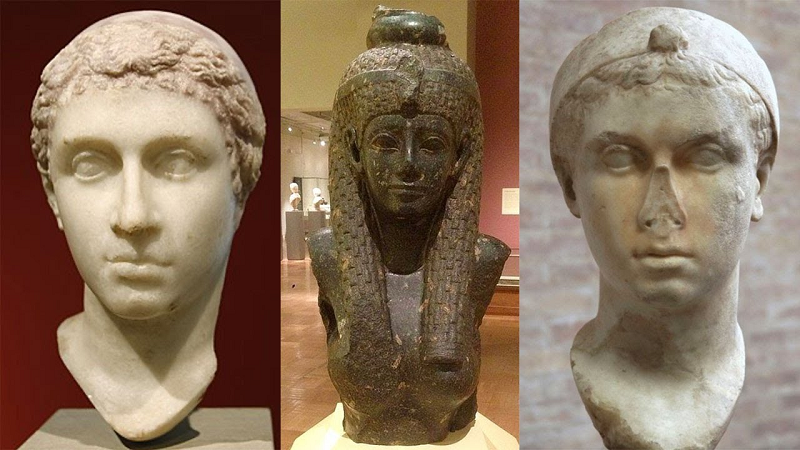
Conclusion
Cleopatra’s legacy as a multilingual scholar and pioneer in ancient knowledge is a testament to her intellect, curiosity, and passion for learning. Through archaeological discoveries and historical research, we can gain a deeper understanding of her contributions to literature, philosophy, and science. By studying Cleopatra’s life and reign, we not only uncover her remarkable achievements but also recognize the enduring impact of her intellectual legacy on the ancient world and beyond. As we continue to unearth new evidence and insights, Cleopatra’s reputation as a scholar and thinker will undoubtedly continue to grow, inspiring future generations to embrace the pursuit of knowledge and discovery.

